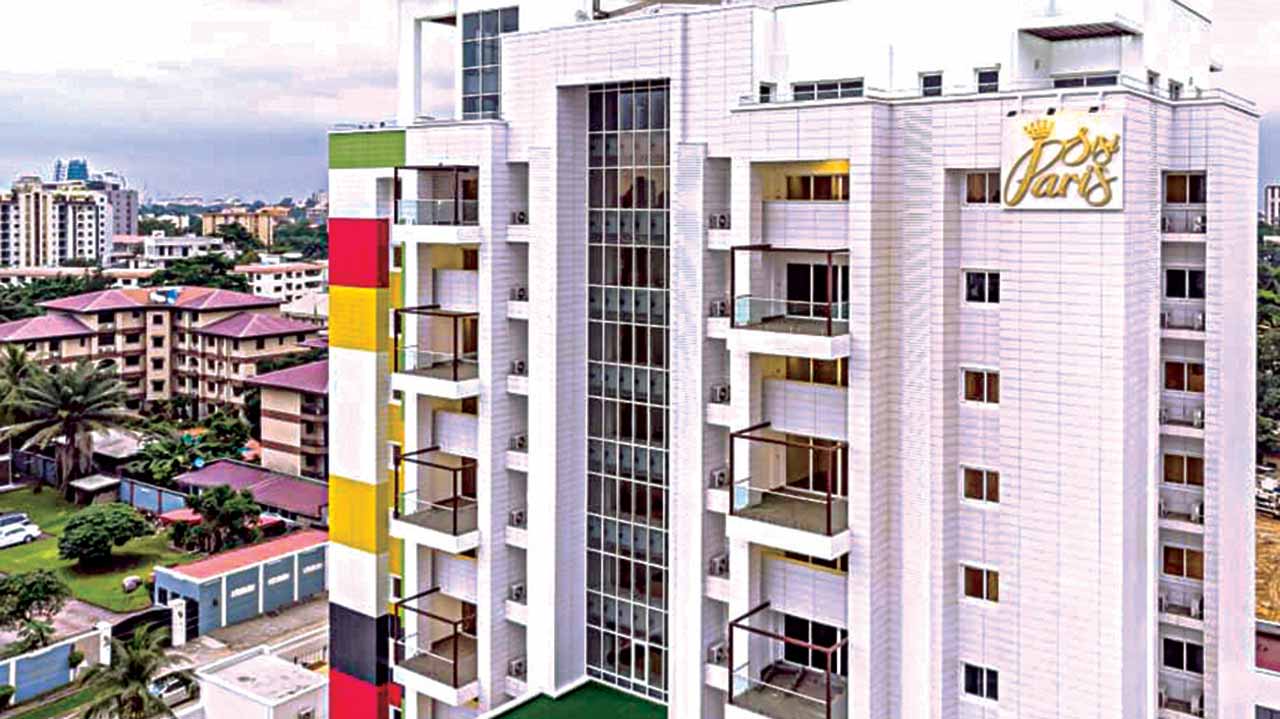If Nigerian economy is not succeeding in attracting as much local and foreign investment into its real estate sector as it should, it is because the country lacks the right policies, regulations and enforcement, experts have said.
Growth in the Nigerian real estate sector is slowed significantly by factors that have to do with government policies and regulation such as property registration, building regulation and permit, surveying, governor’s consent, certificate of occupancy, etc.
The experts who spoke at the 5th edition of the International Real Estate Federation (FIABCI) Nigeria’s annual conference in Lagos on Friday said government should come up with policies and regulations that are clear and simple so that they could be implemented.
“As a foreign investor, what I look out for before I make any investment decision are good policies, regulation and enforcement. Each of these is as good as another, but from my experience in Africa, there could be good policies and regulations with proper enforcement,” said Mustapha Njie, CEO, Taf Homes.
The experts identified real estate as a basic element of economic growth because it incorporates land and labour which are major factors of production.
“A country that has successfully traded its land and labour is said to be a developed economy,” explained Elena Panariti, CEO & Founder, Thought for Action, in her keynote address at the conference with the theme, ‘Ease of Doing Business: Real Estate Perspective’.
Panariti who is a former World Bank Economist, noted that in ease of doing business, it has to be understood that real estate is key, adding that for any reform in the sector to succeed, there should be an element of trust by those the reform addresses.
“Though Nigeria has both land and land labour in right quantity, and it is the largest economy in Africa, its economic growth is slow at 2 percent. Its population growth is higher than the economic growth which is a mismatch,” she said.
Nigeria is too big to fail and its citizens must not allow it to fail, Panariti counseled.
Over the years, Nigeria has had poor records in the global ease of doing business ranking. It has been variously been ranked 171, 62, 140 and 187 out of 189 economies in ease of dealing with construction permit, protecting minority investors, enforcing contracts and getting electricity respectively, making it the 170th economy out of 189 in the overall ranking indices.
But with the on-going reform efforts being championed by Presidential Enabling Business Environment Council (PEBEC), the country’s business environment has improved significantly.
Jumoke Oduwole, a senior special assistant to the President on Ease of Doing Business, noted that the country’s business environment has been improving in last three years, from 2016 to 2019.
As a result of the on-going reforms, she said, dealing with construction permits and registering property have become a lot easier and cheaper in places like Lagos and Kano where, before now, the cost was outrageous and punitive, while the process was cumbersome and tortuous.
“Kaduna, Enugu and Ogun are also states where access to title documents and approvals has improved,” she said, adding that at the federal level too, the Finance Act which has positive implication for real estate sector, especially in the area of double taxation.
Source: Businessdayng




